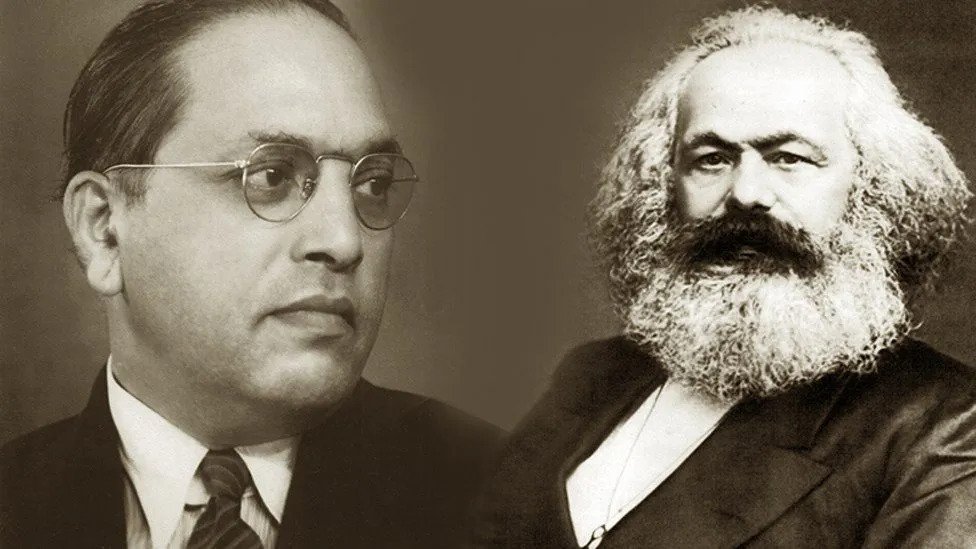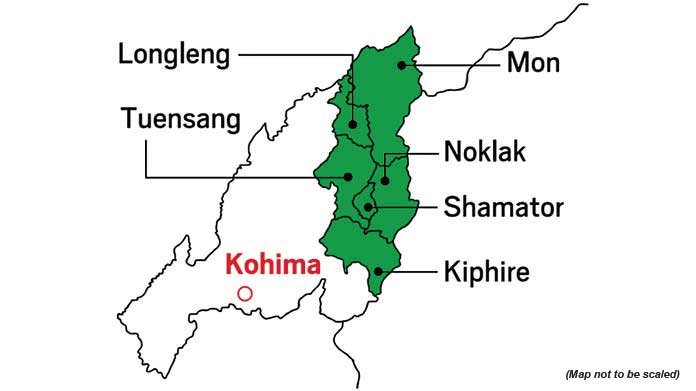By: Shashanka Das
In the labyrinth of India’s tumultuous history, the Armed Forces Special Powers Act (AFSPA) stands as a divisive symbol of authority, often invoked in the name of national security but criticized for its draconian measures. The narrative surrounding AFSPA has evolved over decades, reflecting the shifting sands of politics, security challenges, and societal aspirations. As we navigate through the annals of time, it becomes imperative to critically examine the trajectory of AFSPA and its contemporary relevance in the context of Prime Minister Narendra Modi’s tenure.
Enacted in 1958 amidst the backdrop of escalating violence in the northeastern states, AFSPA was initially conceived as a localized response to insurgency. However, successive governments expanded its ambit, perpetuating a cycle of militarization that engulfed not only the northeast but also regions like Punjab and Jammu & Kashmir. The specter of AFSPA loomed large, casting a shadow of fear and distrust over communities already grappling with socio-political upheavals.
For years, dissenting voices echoed through the corridors of power, calling for the repeal of AFSPA. The English print media, with its eloquent prose and unwavering commitment to justice, became a staunch advocate for change. Yet, it was not until the advent of the Modi government that tangible progress was made in addressing the root causes of conflict in the northeast.
With unparalleled focus and determination, the Modi government embarked on a journey of reconciliation and development, laying the groundwork for peace negotiations and infrastructure revitalization. The gradual withdrawal of AFSPA from several states stands as a testament to the efficacy of this approach, underscoring the transformative impact of proactive governance.
The resurgence of hope in the northeast is epitomized by the historic peace settlement with the United Liberation Front of Assam (ULFA) in 2023. Once synonymous with violence and strife, the region now emerges as a beacon of progress, offering boundless opportunities for its inhabitants. This remarkable turnaround reaffirms the notion that peace is not merely the absence of conflict but the presence of prosperity and stability.
Beyond the confines of the northeast, AFSPA’s legacy intersects with other fissures in India’s socio-political landscape. The emergence of the “Red Corridor” exposed the deep-seated roots of Naxalism, a menace exacerbated by years of neglect and apathy. Under successive Congress administrations, the Naxal problem reached unprecedented levels, prompting dire warnings from the highest echelons of power.
Yet, it was the Modi government’s resolute action and strategic foresight that stemmed the tide of insurgency, ushering in an era of unprecedented security and stability. The decline in terrorist attacks outside of Jammu & Kashmir, coupled with a proactive approach to intelligence gathering, underscores the efficacy of this paradigm shift in counter-terrorism efforts.
Moreover, the Modi government’s comprehensive overhaul of outdated legal frameworks, culminating in the enactment of the Bharitya Nyaya Sanhita 2023, marks a watershed moment in India’s legal history. By modernizing archaic laws and championing progressive reforms, the government has reaffirmed its commitment to justice, equality, and the rule of law.
In the Prime Minister Narendra Modi’s legacy is indelibly intertwined with the narrative of peace, progress, and prosperity. From the tranquil vistas of the northeast to the bustling streets of metropolitan cities, his vision for a safer, more inclusive India resonates with millions of citizens.
As we stand at the precipice of a new dawn, poised to exercise our democratic rights, let us not forget the transformative journey that brought us here. The lotus button on the Electronic Voting Machine (EVM) represents not merely a political symbol but a testament to the aspirations of a nation yearning for change, progress, and a brighter tomorrow.







